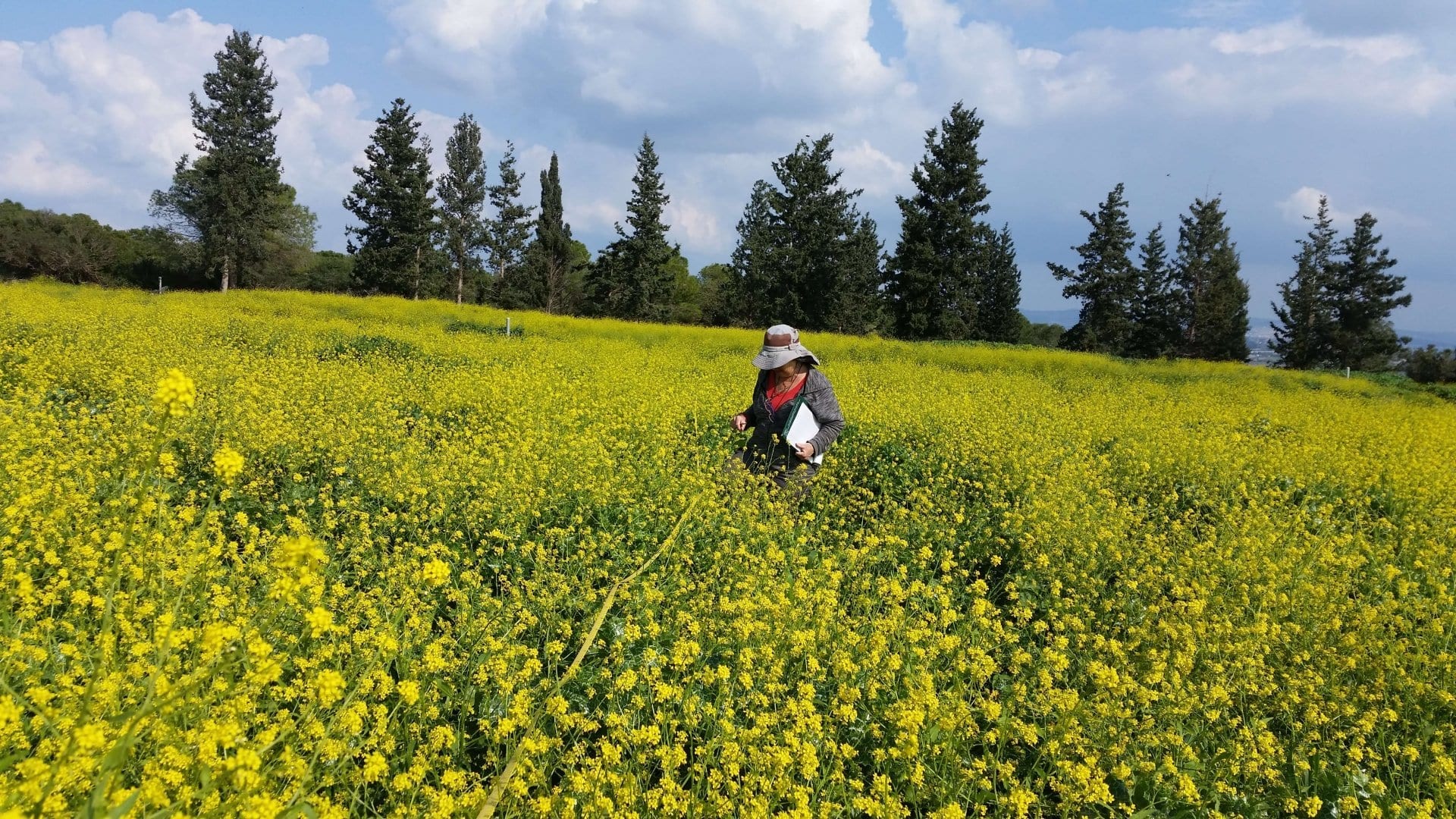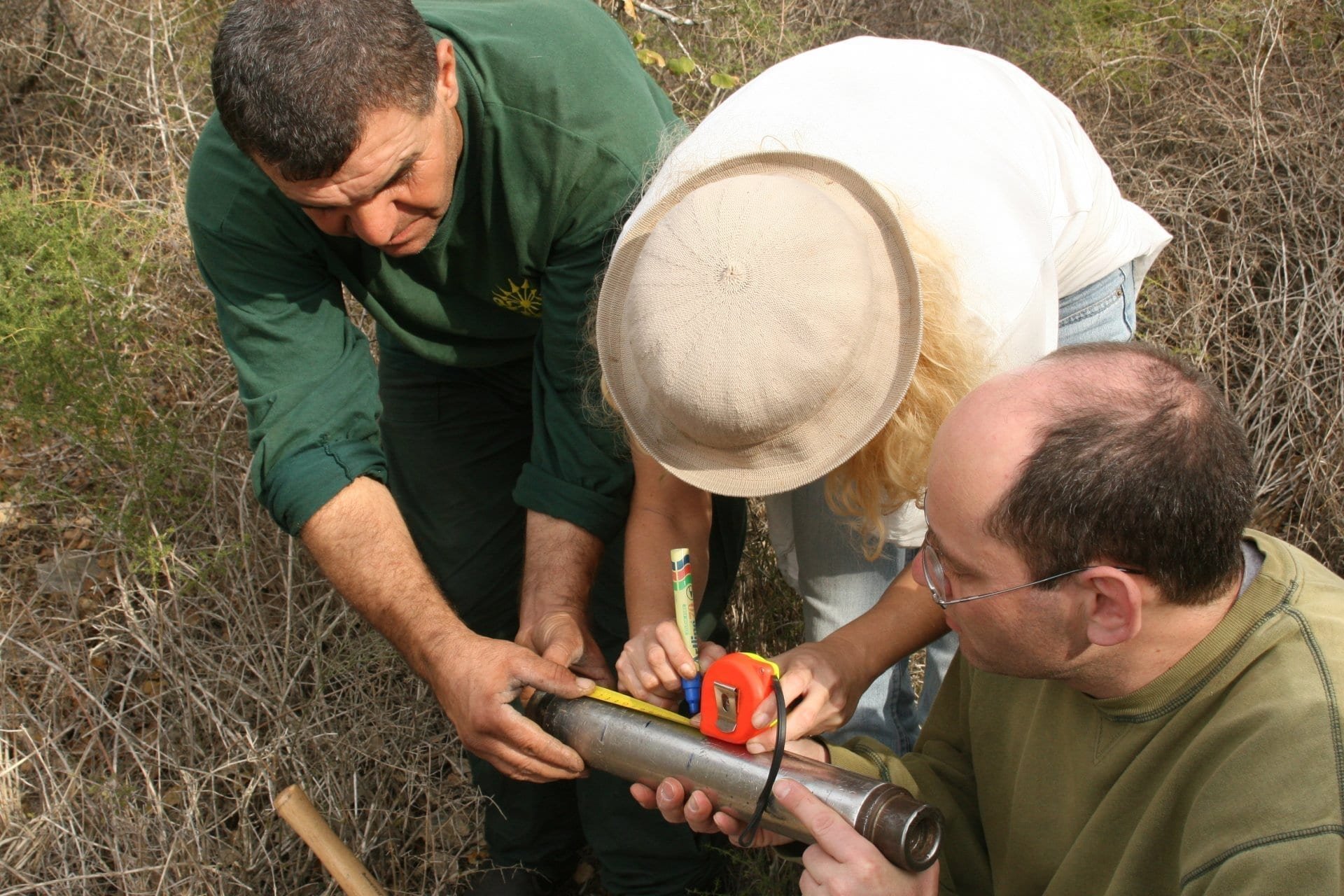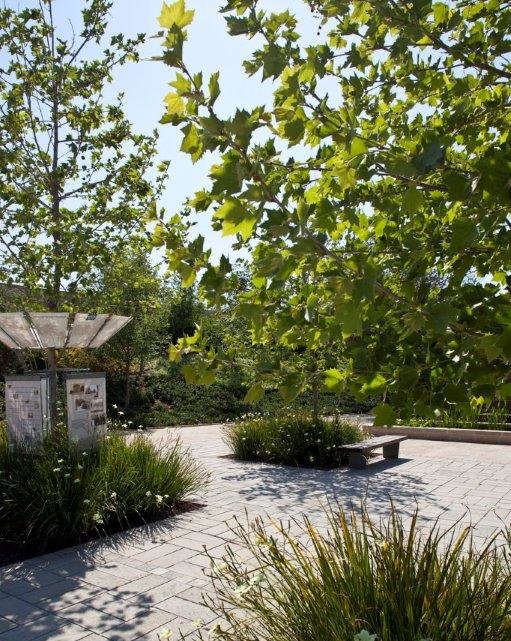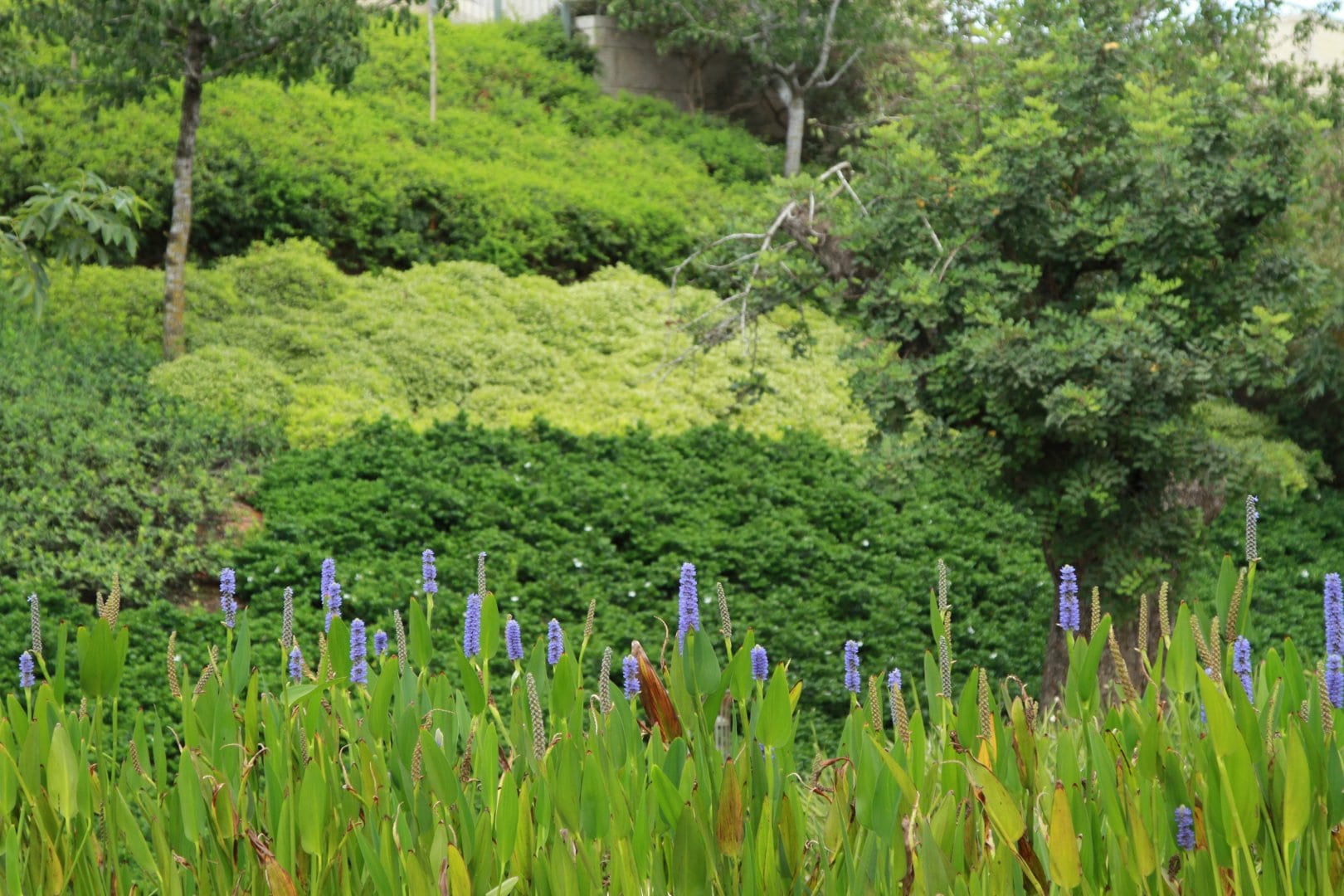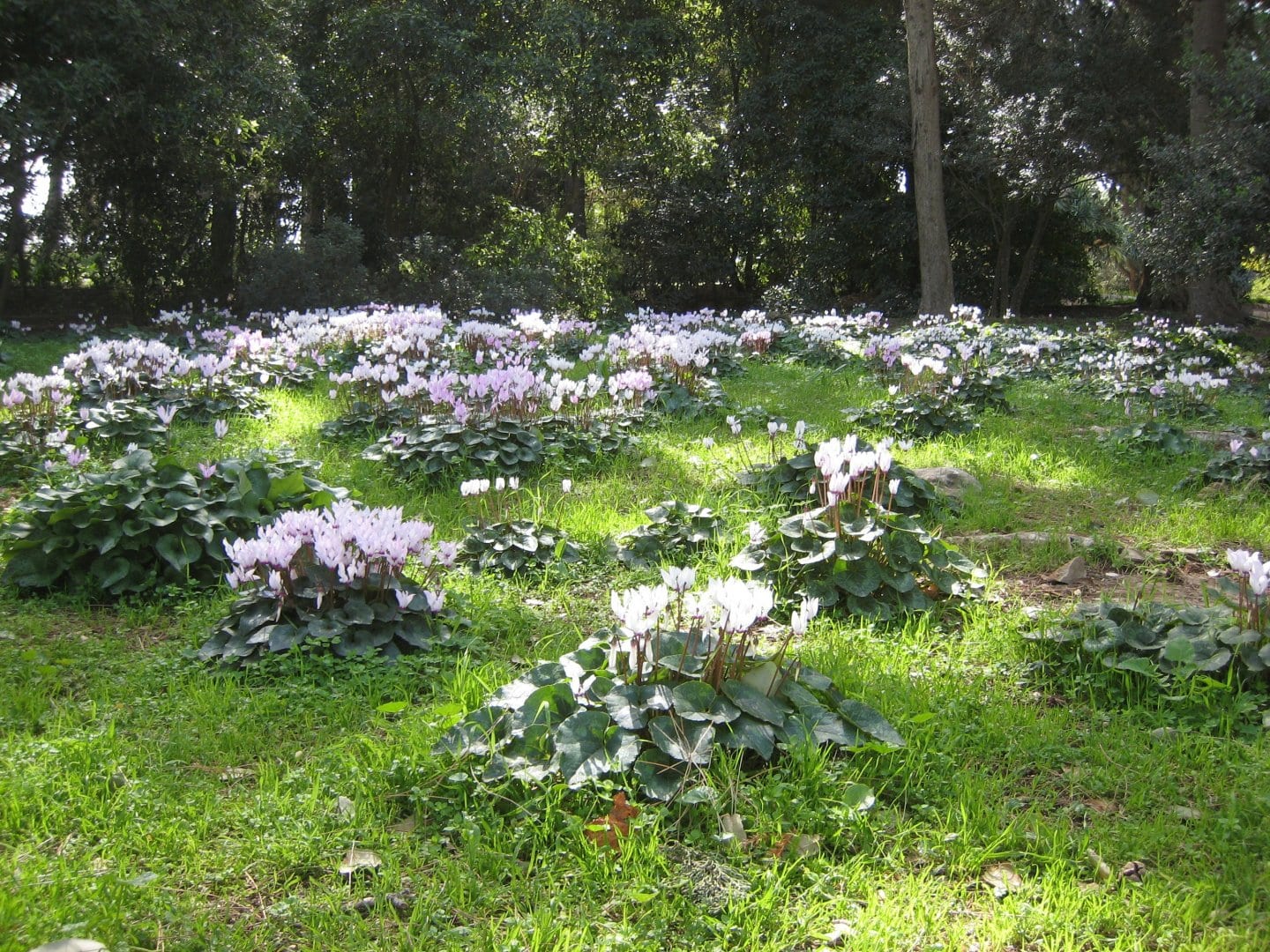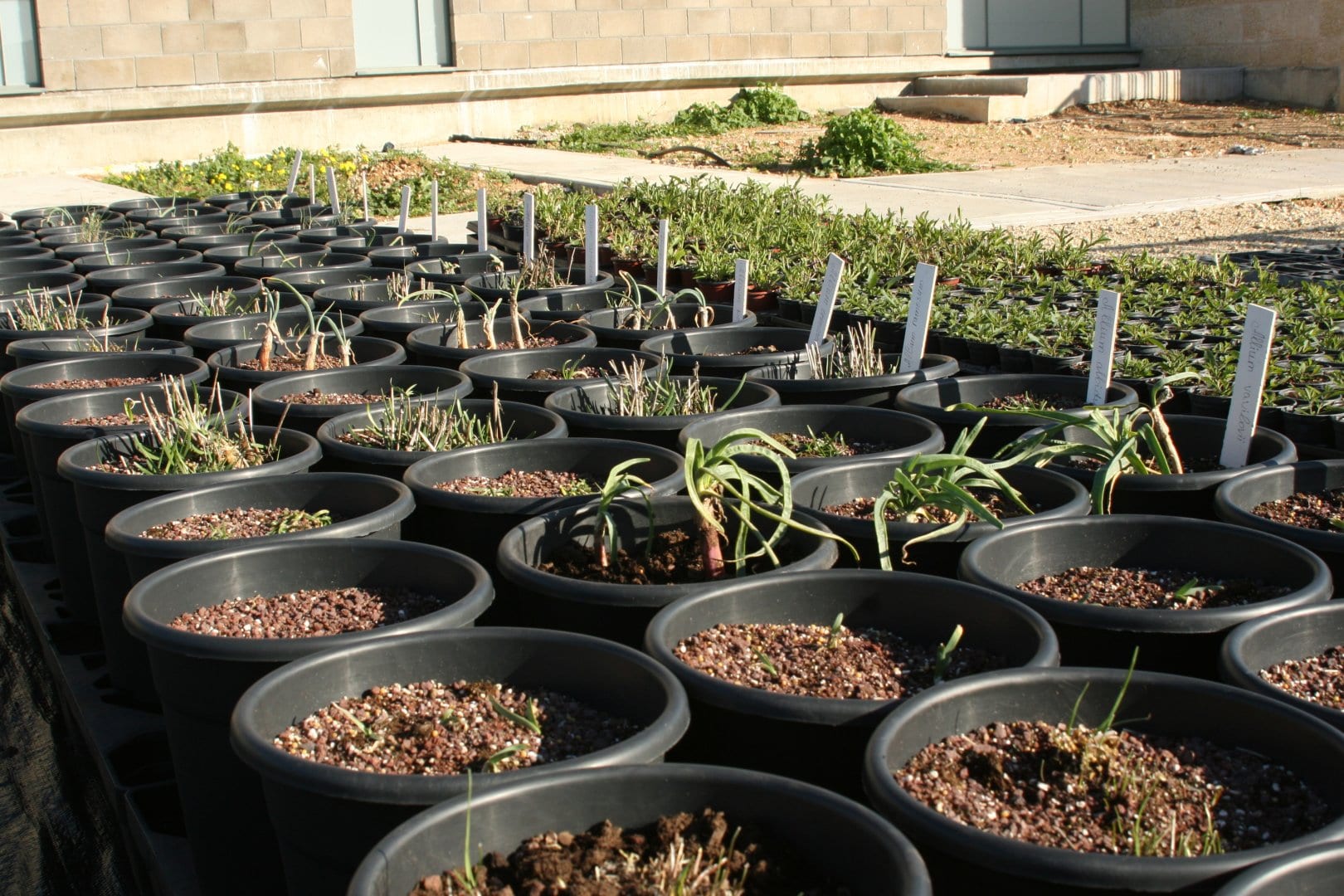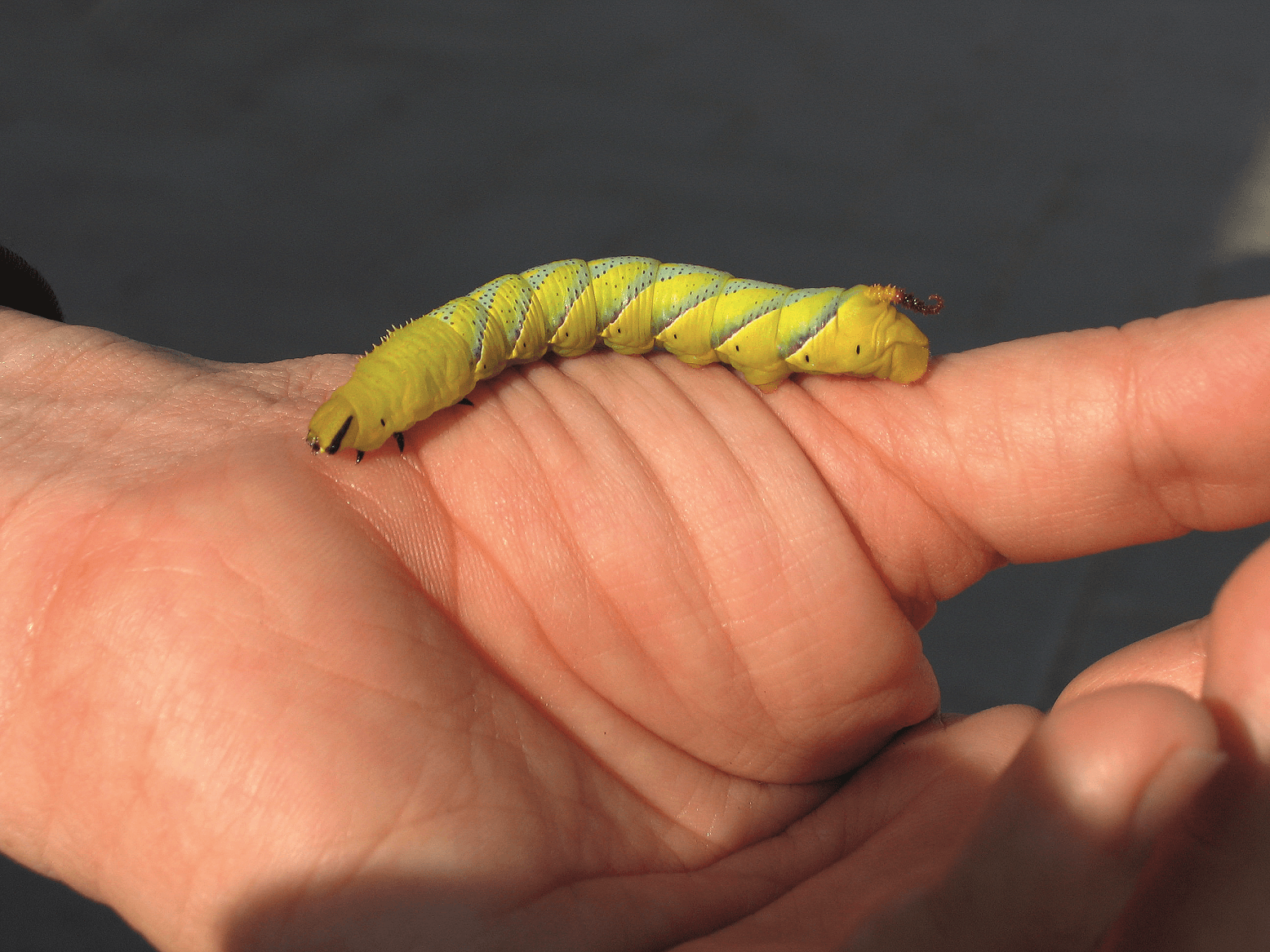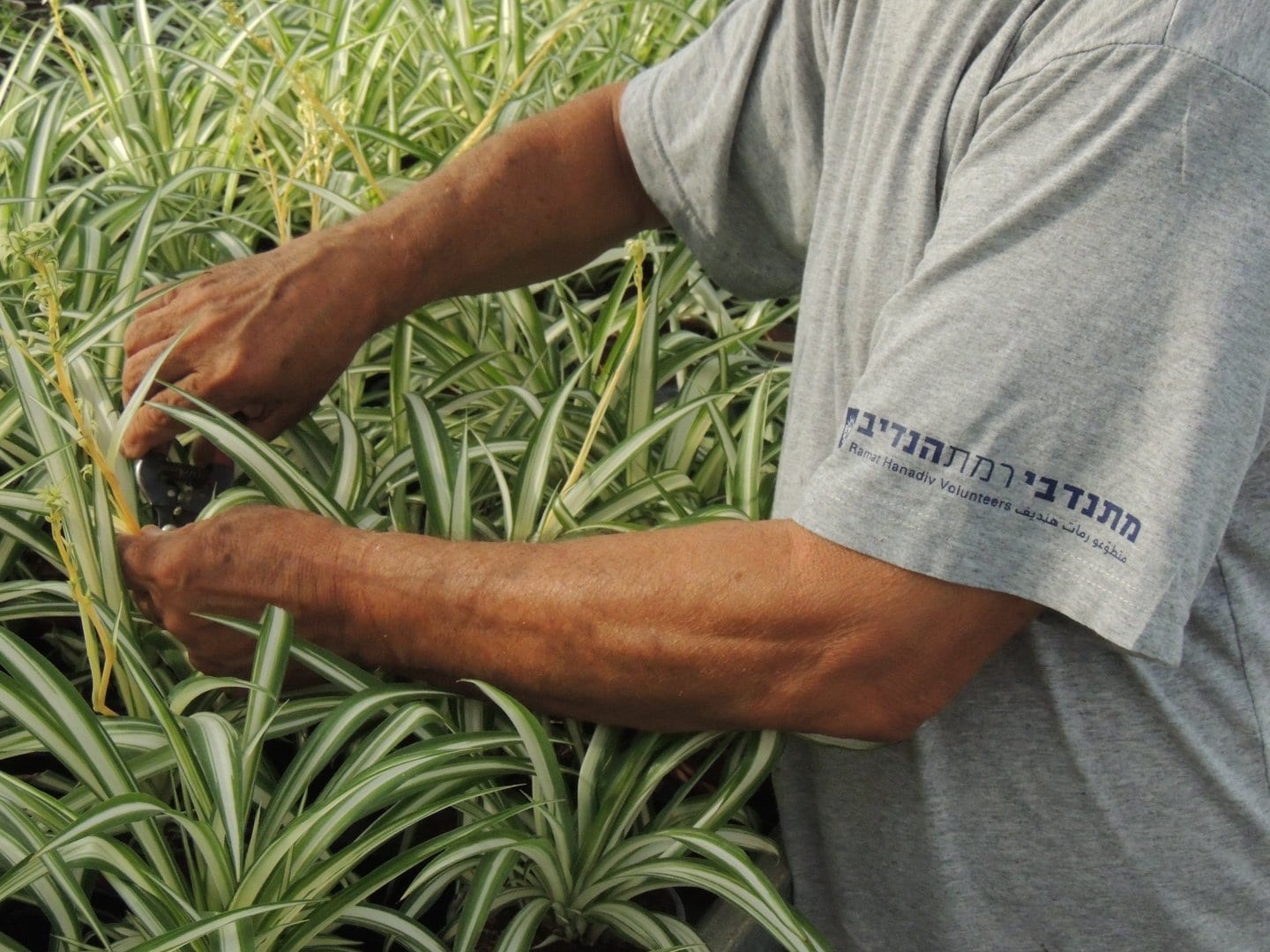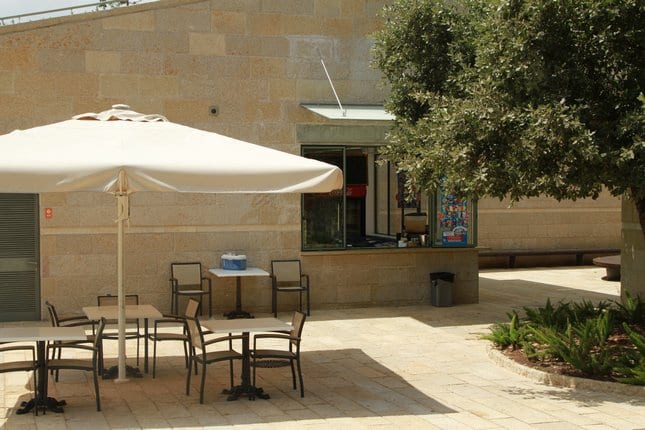With the increased global awareness of wastage and the environmental damage hidden in this approach, a contrasting trend arose to create sustainable interactions in ornamental gardens.
Sustainable gardening is defined as gardening that considers the needs of the current generation without harming the needs of future generations. It includes garden design that considers the existing elements on site – the landscape, soil, environment and vegetation suitable for the region. Sustainable gardening espouses a low level of maintenance and implementation of gardening methods that enrich the soil, increases the natural resistance of the vegetation to diseases and pests and avoid use of chemical fertilizers and control agents as much as possible.
The main aim of this kind of gardening is to reach a long-term balance between all components of the garden.
Ramat Hanadiv by number
The gates of Ramat Hanadiv are open to visitors 365 days a year (except Yom Kippur). The site is visited by over 500 thousand visitors per year, who enjoy the expanses of the Nature Park covering 450 hectares, the walking trails and the cycling trails. In the center of the Nature Park are the 7-hectare Memorial Gardens dedicated to the memory of Baron Rothschild and his wife. A connecting link between these two points of interest is the Visitors Pavilion, where a garden of wild plants and a garden of cultivated plants exist side by side.
Sustainable gardening is expressed in the Memorial Gardens, in the Visitors Pavilion and in the ‘Green Space’ in a number of ways:


